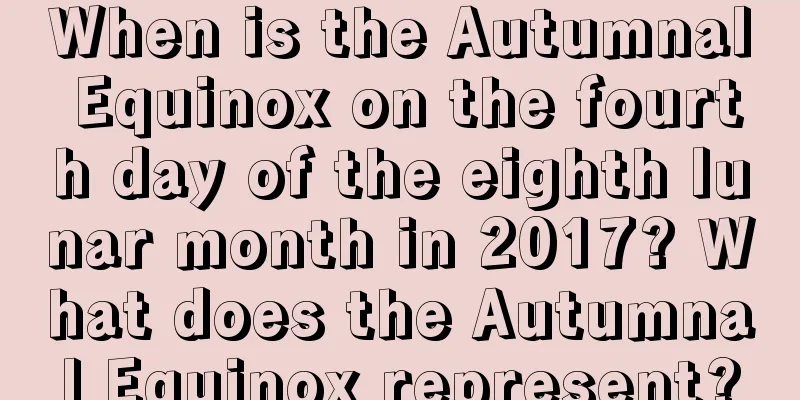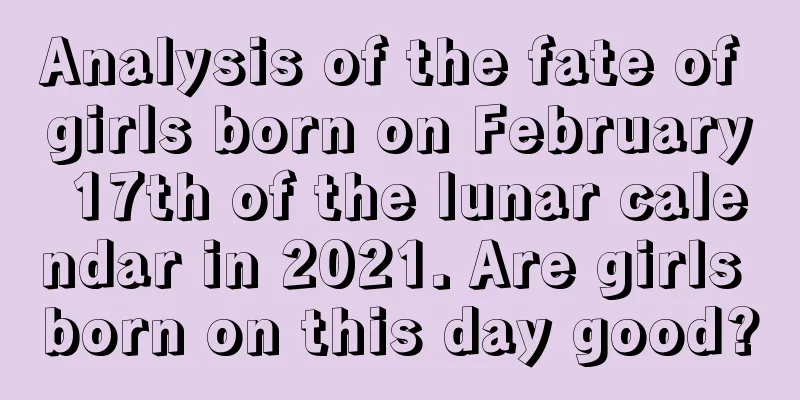Is the 15th day of the seventh lunar month in 2019 a good date for the Ghost Festival? What festival is the 15th day of the seventh lunar month?

Introduction: Every day will have good and bad luck, so different days have different meanings. So is the 15th day of the seventh lunar month in 2019 a good day for the Ghost Festival? What festival is the Mid-Autumn Festival on July 15? July is also known as the Qiao Month, the Gua Month, the Orchid Autumn, the Zhao Autumn, the New Autumn, the First Autumn, the Xiang Month, the Meng Autumn, and the Early Autumn. Come join us at Shuimoxiansheng.com to appreciate the beauty of the seventh lunar month of 2019!Is the 15th day of the seventh lunar month in 2019 a good date for the Ghost Festival?2019 Lunar July 15th Chinese Ghost Festival Almanac Query:Lunar calendar : July 15, 2019 Gregorian calendar : Thursday, August 15, 2019 Leo 【Today’s lunar calendar is suitable】 Getting married, traveling, taking up a post, repairing graves, recruiting sons-in-law, offering sacrifices, fasting and offering sacrifices, granting amnesty, coming of age, attending school, seeking employment [Today’s taboos in the almanac] Meridians enter the house, build, start ground, buy property, break ground, build embankments, release water, accept marriage proposals, pray for blessings, seek offspring, ship goods, raise beams, erect pillars, bury, start drilling, lift migration, settle incense, and travel by boat Based on the above contents of the old almanac, we can know that the Ghost Festival on July 15th of the lunar calendar in 2019 is not an auspicious day, because the number of taboos in the almanac on this day exceeds 10! What festival is Mid-July?The Zhongyuan Festival, also known as the ancestor worship festival on the 15th day of the seventh month, is also known as the Ghost Festival, the Zhaigu Festival, and the Earth Official Festival. The main festival customs include worshiping ancestors, releasing river lanterns, worshiping the dead, and burning paper ingots.The Zhongyuan Festival evolved from the "mid-July" harvest festival in ancient times when people would offer sacrifices to their ancestors. The Mid-Autumn Festival is a festival for people to celebrate the harvest and thank the earth in early autumn. When some crops mature, people will worship their ancestors and offer new rice as sacrifices to report the autumn harvest to their ancestors. It is a traditional cultural festival that commemorates ancestors, and its cultural core is respecting ancestors and being filial. The "Mid-July Festival" was originally a folk festival for ancestor worship in ancient times, and it was called the "Zhongyuan Festival" because of the Taoist saying after the Eastern Han Dynasty. Taoism believes that the 15th day of the seventh lunar month is the birthday of the God of Earth. On the day of praying to the God of Earth to forgive sins, the underworld will release all ghosts and the deceased ancestors can return home for reunion. Therefore, the 15th day of the seventh lunar month to worship ancestors is called the "Zhongyuan Festival"; in Buddhism, it is called the "Yulanpen Festival". During the Tang Dynasty when the rulers promoted Taoism, the Taoist Zhongyuan Festival began to flourish, and gradually "Zhongyuan" was fixed as the name of the festival and has been used to this day. The Zhongyuan Festival, Shangyuan Festival and Xiayuan Festival are collectively called the "Three Yuans". Ancestor worship on July 14th and 15th is a traditional cultural festival popular in countries within the Chinese cultural circle and overseas Chinese communities. It is one of the major traditional festivals of the Chinese nation for ancestor worship, along with New Year's Eve, Qingming Festival and Double Ninth Festival. In May 2010, the Ministry of Culture selected the "Zhongyuan Festival (Taiwanese Yulan Festival)" submitted by the Hong Kong Special Administrative Region and included it in the national intangible cultural heritage list. Analysis of the meaning of auspicious days:An auspicious day is a unique term in the traditional Chinese calendar "Huangli" (perpetual calendar), which refers to a day when everything is auspicious.In the lunar calendar, the "Qinglong, Tiande, Yutang, Siming, Mingtang and Jinkui" among the "Twelve Evil Gods" are called the Six Zodiac Days, and the "Chu, Wei, Ding, Zhi, Cheng and Kai" among the "Twelve Duty Days" are called the Minor Zodiac Days. When the six zodiac gods are on duty, everything goes well and there is no need to avoid evil or taboos. This is called an "auspicious day". The ancients established the yellow and black days based on the laws of the impact of the movement of celestial bodies and stars on humans, thus providing a certain reference and choice for the Chinese people to choose auspicious days and avoid misfortune. This culture of choosing auspicious days has been deeply rooted in the Chinese people's thoughts since ancient times, affecting the lives of the Chinese people all the time, and has become a custom. Although the eight characters of life are already determined, understanding and controlling your future fortune in advance can help you avoid misfortune and gain a better future. To calculate your fortune for the next ten years, please click on the "Excellent Calculation" below for an accurate calculation. May you be happy throughout your life! |
Recommend
Which days are auspicious for ancestor worship in August of the lunar calendar in 2019?
In the eighth month of the lunar calendar, sweet o...
Is it possible to get married on the second day of the second lunar month in 2018?
Introduction: Marriage brings two people who are n...
Is it appropriate to break ground and repair graves the day after the Lantern Festival on the 16th day of the first lunar month in 2020? How many days are left before the Lantern Festival?
Introduction: Breaking ground and repairing graves...
What are the five elements and destiny of a baby boy born on March 18th of the lunar calendar in 2020?
Everyone is born with the expectation and blessing...
Is May 29th of the lunar calendar in the Year of the Rat 2020 an auspicious day for signing a contract?
Is May 29th of the lunar calendar in the Year of t...
Analysis of the fate of boys born on the seventh day of the eleventh lunar month in 2018
The seventh day of the eleventh lunar month in 201...
Is it not suitable to move house on the day of the heavy snow in 2019? How many days are left until the heavy snow in 2019?
Introduction: When moving, you not only need to ch...
Is July 1, 2019 a good date for the Party's Founding Day? Check the auspicious and inauspicious time for the Party's Founding Day!
Introduction: In the traditional culture of our co...
What constellation is the 28th day of the twelfth lunar month in 2018?
Time always slips away from our hands quietly. In ...
Is July 22, 2018 a lucky day? What is the hexagram on this day?
The day when the six gods are on duty is called an...
Where is the direction of the God of Happiness on the sixth day of the first lunar month in 2018?
1. What day is the sixth day of the first lunar m...
When is the Spring Equinox in 2019? What is taboo during the Spring Equinox?
When is the Spring Equinox in 2019? What is taboo ...
What is the best time to have a caesarean section during the Mid-Autumn Festival in 2017? Analysis of the auspicious time for caesarean section during the Mid-Autumn Festival 2017!
Introduction: Everyone has only one life, and the ...
Where is the direction of the God of Happiness on November 20th of the lunar calendar 2017?
Winter months are cold, but when everything goes ...
Is it a good day to go out on September 24, 2020 in the lunar calendar?
It is also necessary to check the almanac when tra...









